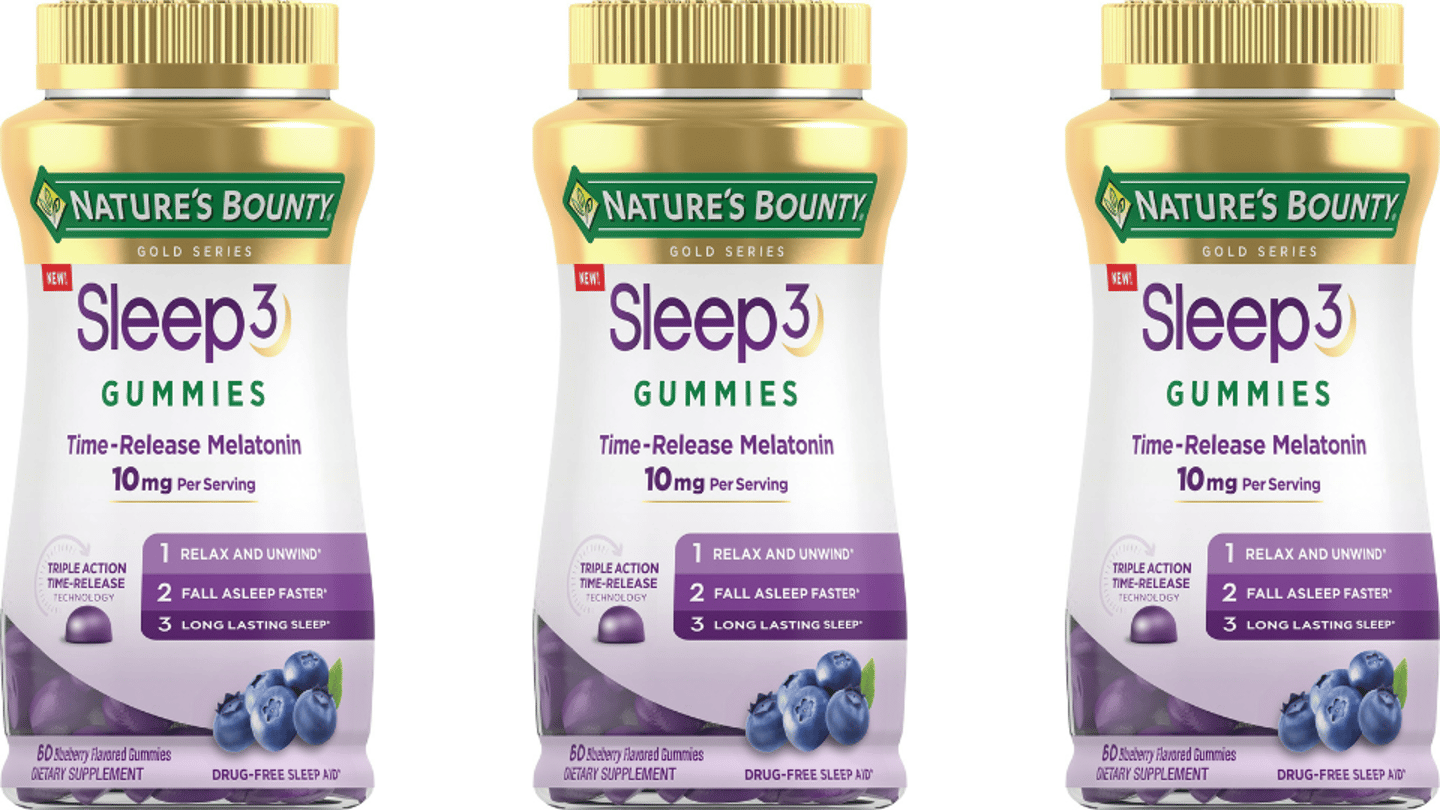How Nestlé Is Fast-Tracking Product Innovation With Rapid Test-and-Learns
Nestlé Health Science (NHSc) is seeing early success from its R&D Accelerator program, established last year to bring products to market much more quickly.
The Accelerator, which has driven new product innovation like dietary supplements centered around cellular nutrition and time-release melatonin gummies, sits within the Nestlé Product Technology Center (NPTC). Opened in 2018, the NPTC also houses Nestlé’s rapid ideation and prototyping function, intended to speedily create concepts and prototypes for consumer testing.
Thanks to this function, Nestlé can generate and test concepts in strategic opportunity areas and fuel its innovation pipeline with short- and mid-term ideas, Rania Abou Samra, NHSc global head of product technology and development and head of U.S. R&D, tells CGT. Here, key insights, trends, science, and technology are highlighted, which in turn are used as drivers to generate relevant concepts for both consumers and patients.
Digital and physical prototypes are then created, with select concepts tested with consumers for speedy feedback and concept refinement.
Innovation Accelerated
Abou Samra has been with Nestlé since 2007 and assumed her role in 2022, where she leads front-end innovation and product and technology development at NHSc, which includes such brands as Boost, Nature’s Bounty, and Carnation Breakfast Essentials in its portfolio. She also leads the development of nutrition- and technology-based innovations impacting both consumers and patients.
Abou Samra, who’s been with the Product Technology Center since day one, says she taps into start-up learnings that can be applied to mature organizations to promote a “fail-forward mentality.”
Beyond the typical shifting demands faced by consumer goods companies, Nestlé Health Science has also completed multiple acquisitions within the last few years that resulted in the integration of diverse R&D and innovation capabilities. Throughout this process, Abou Samra says she’s sought to maintain brand agility and identity while updating existing processes.
As part of this and to further enable quick test-and-learn launches, the R&D Accelerator was established in September 2022. It’s specifically designed to rapidly validate or invalidate highly differentiated innovations under real-life conditions, as well as explore white spaces identified in the business strategy.
Under the Accelerator, a dedicated team brings select projects from problem to solution through a “shop test” via test-and-learns within six months, according to Abou Samra.
“Although the Accelerator is still in its early stages, we have made significant progress by conducting shop tests in the market to validate our product propositions and gain approval for their inclusion in our pipeline,” she notes. “Additionally, many recent product launches come from concepts generated during our rapid ideation and prototype sessions, including Nature’s Bounty Sleep3 Gummies and Garden of Life probiotics.”
Looking ahead, Nestle will increase the Product Technology Center’s focus on longevity and healthy aging in order to develop products supporting cognitive, gut, and metabolic health to address consumers’ evolving aging needs. As part of this, they’ve partnered with the Gerald J. and Dorothy R. Friedman School of Nutrition Science and Policy at Tufts University to collaborate with their Food & Nutrition Innovation Institute.







